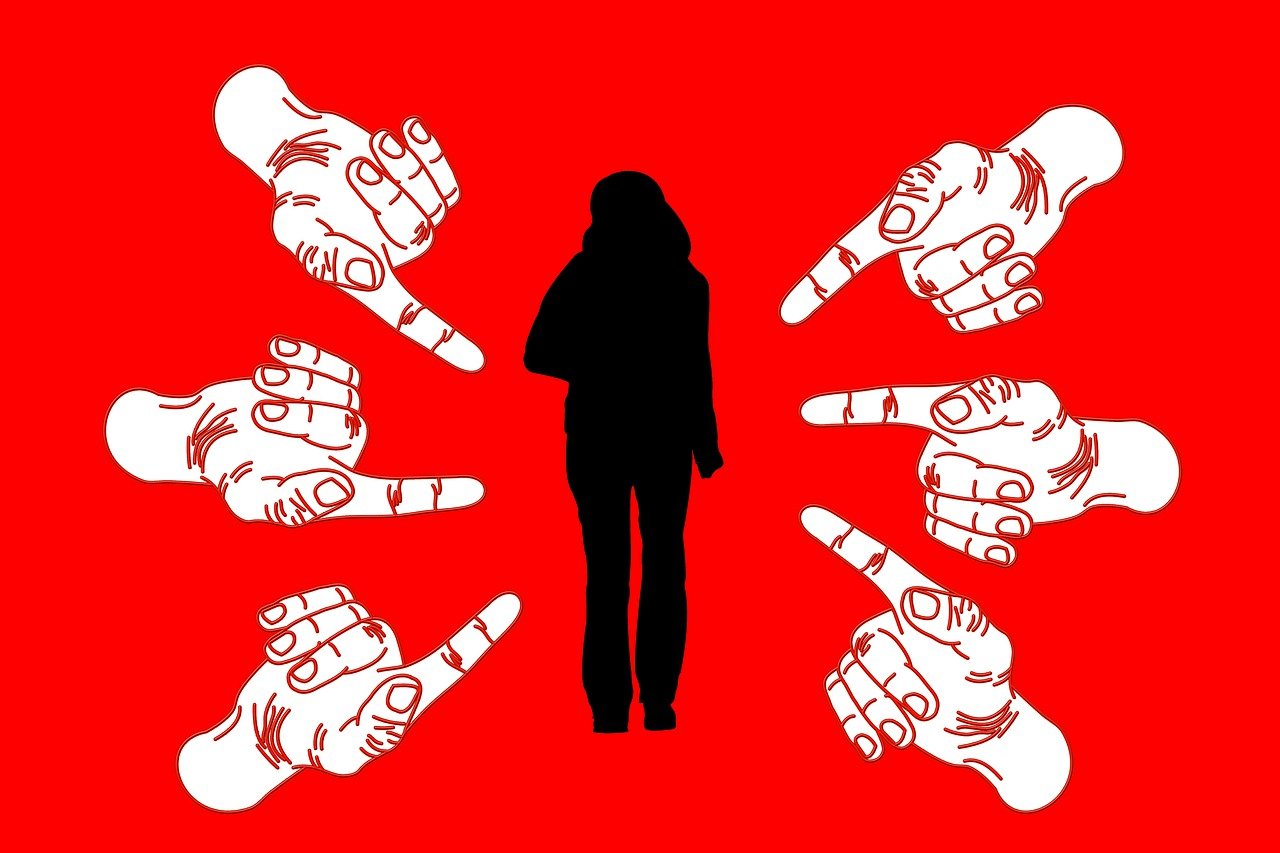What can you do when you’re bullied at work?

Introduction
In this employee guide I cover the definition of bullying, examples of bullying and what are possible option when you are being bullied at work.
What is bullying?
There is no strict legal definition of bullying. However, according to the Advisory, Conciliation and Arbitration Service (Acas) bullying is offensive, intimidating, malicious or insulting behaviour, an abuse or misuse of power through means that undermine, denigrate or injure the recipient.
There is some overlap with harassment which is unwanted conduct which has the effect or purpose of violating someone’s dignity or creating an intimidating, hostile, degrading or offensive environment for them.
Examples of bullying
Bullying may be obvious such as violent behaviour, physical threats or abusive language. Bullying may though be more subtle such as intimidating levels of supervision, sending aggressive emails or using an aggressive tone, making insensitive jokes and excluding someone from team meetings or social events.
Responding to the bullying
Each case is going to be different and how you respond will depend on the circumstances including your own personal situation. Below are some possibilities to consider.
Confronting the bully
It may be appropriate to confront the bully and to state that you do not like the way that you are being treated. Generally, it is better to do something than nothing, but it may not always be possible to approach the bully, particularly if they are in a position of power.
Union support
If you are a member of a union do contact your union representative for support and guidance.
Grievance
In some situations you may wish to raise a grievance. First you should check your employer’s anti-bullying and harassment policy and grievance procedure to check that you follow the correct process. Before raising a grievance, normally you would be encouraged to try and resolve your concerns informally through HR. If the informal route does not work it may then be necessary to raise a grievance.
Mediation
Another option is to consider mediation. Sometimes, especially when a grievance is lengthy and protracted, mediation may be a good way forward. This could involve an internal mediator (with no involvement in the issues) or an external mediator.
Leaving employment
If you have been bullied at work you may feel that it would be unfair and unjust for you to have to leave your job. However, it is often easier to find another job when you have a job and for personal reasons you may decide you wish to move on and not pursue matters further.
Claims
Depending on the circumstances, you could consider bringing a constructive unfair dismissal claim.
Generally, employees need to have at least two years’ continuous service with their employer to be able to bring a claim.
For constructive unfair dismissal you need to have resigned swiftly as a result of a fundamental breach of contract by your employer. The fundamental breach could, for example, be a breach of the implied term to provide a safe working environment or a breach of the implied term of trust and confidence.
It is not easy to pursue a claim for constructive unfair dismissal as the onus is on the employee to prove the fundamental breach. It is therefore sensible to obtain legal advice at the earliest opportunity and before resigning.
Before bringing a claim you are required to follow Acas’ early conciliation process.
The claim must be filed with the employment tribunal within 3 months (less a day) from when the employment ends, and that is subject to the rules for extending time for early conciliation.
There may be other claims to consider too.
You may have a claim, for example, for discrimination if the bullying was because of a protected characteristic such as race, age, sex, disability, sexual orientation or religion or belief.
This guide is for guidance only and should not be relied upon for specific advice.
If you need any advice on bullying issues or have queries relating to other employment law matters please do not hesitate to contact me on 020 3797 1264.



